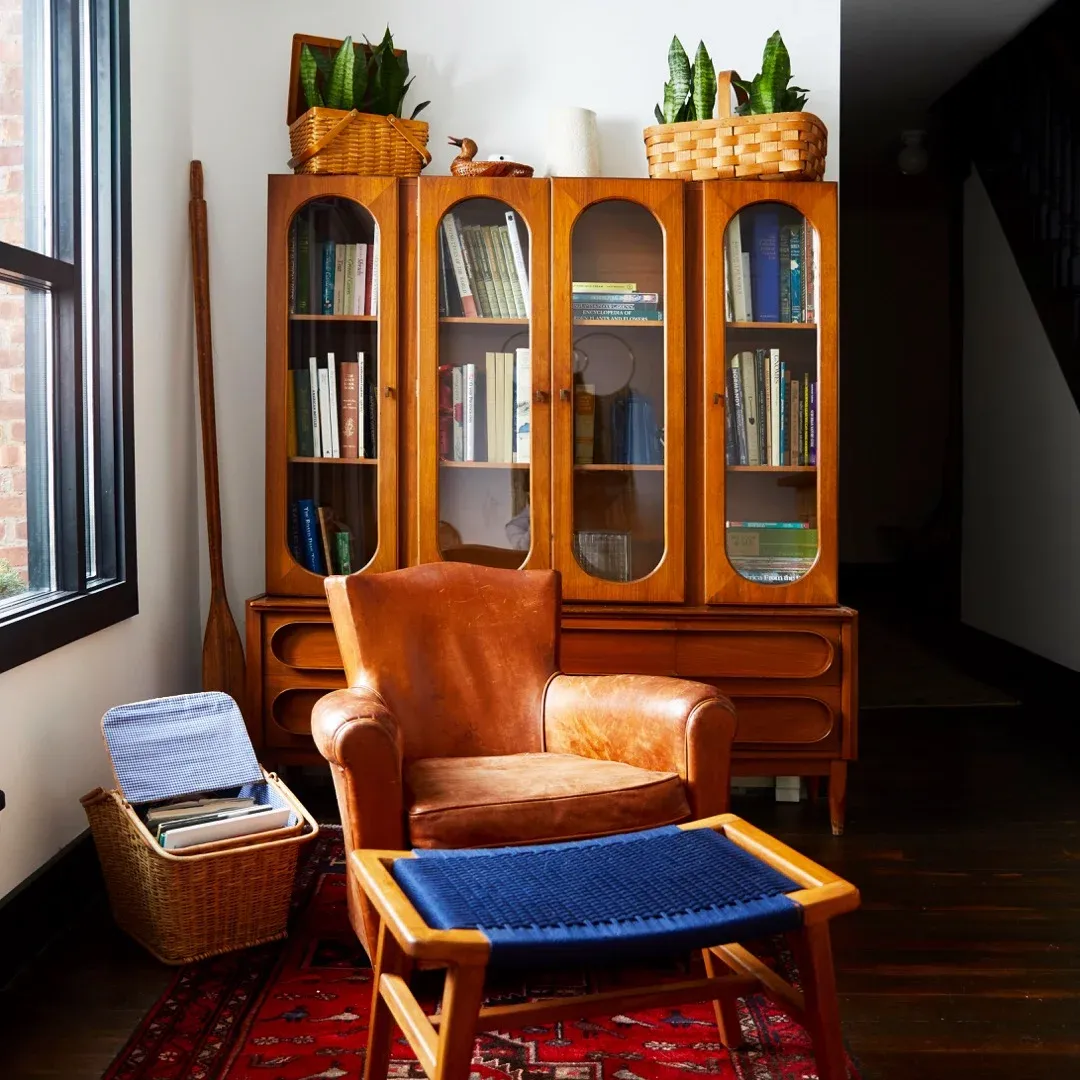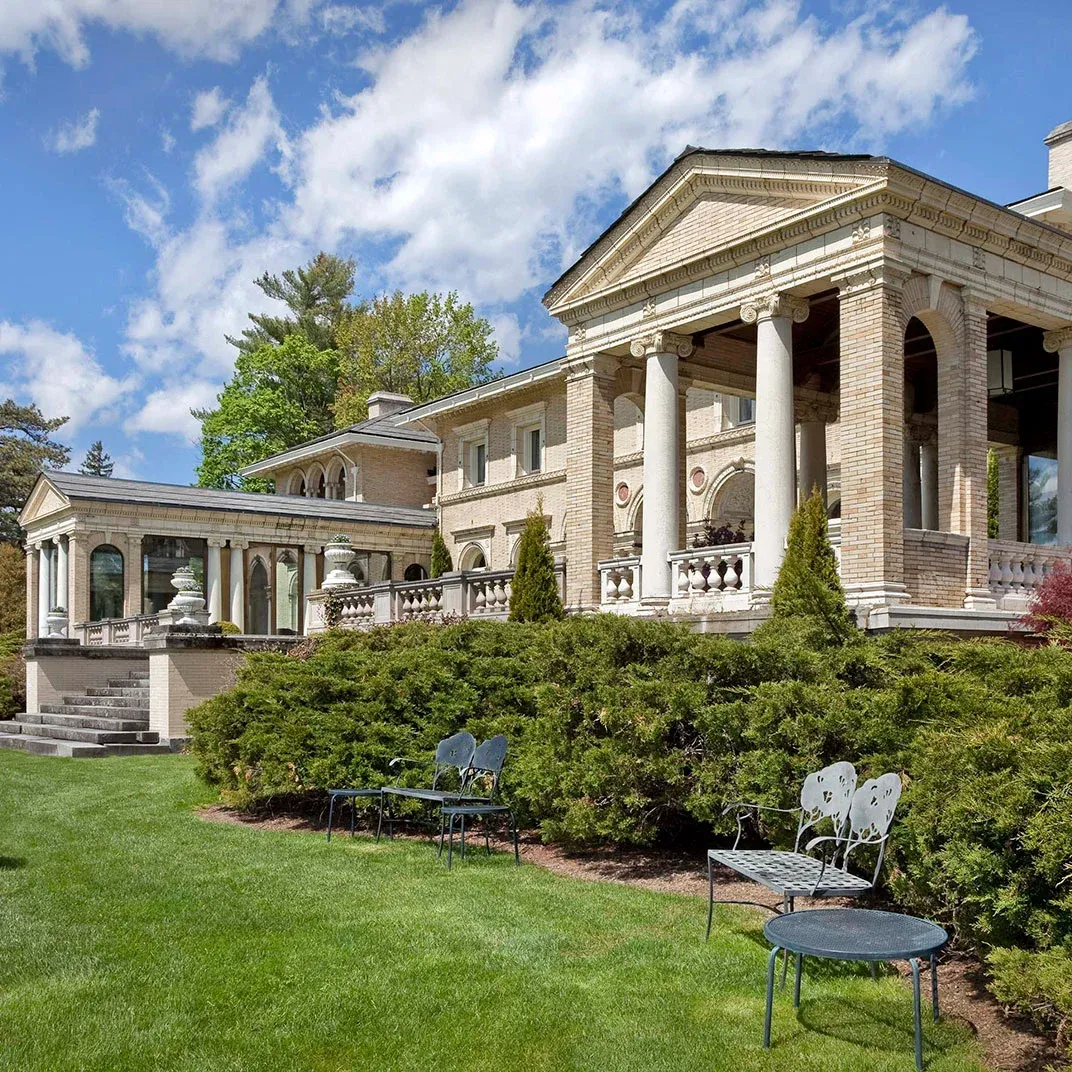Table of Contents
- What is a boutique hotel?
- 5 Reasons to Stay at Boutique Hotels
- Examples of Boutique Hotels
- How to Discover New Boutique Hotels
- How to Book at Boutique Hotels
- History of boutique hotels
- Future of boutique hotels
What is a boutique hotel?
It is a very common question now with the booming popularity of this hotel type. The term Boutique hotels have had an elusive definition often muddied further by big hotel chains trying to ‘boutique wash’ their brands. Oxford Dictionary defines a boutique hotel as:
“A small stylish hotel, typically one situated in a fashionable urban location”
This helps to provide some context however it their definition is still rather vague and according to Tripsavvy a boutique hotel is:
“A boutique hotel is a small hotel which typically has between 10 and 100 rooms in settings with upscale accommodations and individualized unique selling points.”
Together these two descriptions help provide a bit more of an understanding. However here at Pitaya we would go a step further to define what is a boutique hotel:
“A boutique hotel typically has 10-100 rooms, often located in trendy upcoming areas, attention to interior décor, and a focus on delivering a high touch personalized guest experience.”
We firmly believe that a key component of boutique hotel is an emphasis on the guest and how they experience the hotel at all points, visual, senses, human interactions, booking experience, etc.
Brussels Airlines, has created a great shot video describing the unique elements that make up a boutique hotel experience.
5 Reasons to Stay at Boutique Hotels
Guest Experience is one of the top reasons why guests choose to stay at a boutique hotel over a more traditional hotel. Because of their smaller size boutique hotels are able offer the best guest experience in the industry, higher quality interactions with hotel staff and owners. Staff are able to provide a curated touch and often go above and beyond to delight the guests. This outstanding service is a big reason why hotel guests continue to return to boutique hotels.
Great Design is an important pillar of the hospitality experience and boutique hotels pride themselves on their unique style.
Attention to Detail is at the core of the boutique hotel offering. Whether it is through the diligence of the staff and their attention to detail when interacting with guests or just the overall attention all attributes of the hotel. The smaller sized properties and great staff enables attention to detail at a level that traditional hotels could only dream of.
Personalized Service is engrained in the ethos of boutique hotels. Many boutique hotel staff work to anticipate the needs of their guests before the guest even realizes they need something. This level of service makes guests feel cared for, appreciated, and like the experience has been catered entirely for them.
Atmosphere is a unique quality of boutique hotels, with a focus on delivering a pleasing experience to all the senses. In many cases equal attention is also placed on the social atmosphere or ‘vibe’ of the hotel. Ensuring that all of these elements pleasantly work together is a defining characteristic of boutique hotels.
Examples of Boutique Hotels
While there are too many great examples of boutique hotels to list, we have handpicked a few of our favorite properties.
Urban Cowboy Lodge is the newest boutique property from the Lyon & Jersey of Urban Cowboy Hotels. Located a few hours north of New York City in the Catskills. The lodge is one of the more stunning displays of attention to detail in a boutique hotel.
Sansara is a stunning display of the commitment to building a sustainable hotel in the tropics. With their open-air cabana design, proximity to the pristine pacific ocean and their wellness centric offering creates a unique and comforting feel.
Public Hotels is on the larger end of the boutique hotel spectrum. However it succeeds in delivering that the core elements of a boutique hotel at scale. Founded by the Ian Shrager, the ‘Godfather of boutique hotels’, Public Hotel is his latest offering to the world of hospitality.
As you can see boutique hotels come in all shapes and sizes and there is most certainly a boutique hotel that to suit the occasion, what ever it may call for.

How to Discover New Boutique Hotels
There are many great platforms that specialize helping in the discovery of boutique hotels, Tablet Hotels, Boutique Homes, Mr & Mrs Smith, just to name a few. These are great resources for booking and discovery. However our favorite way to discover new boutique hotels is actually through instagram.
Another great way to discover new boutique hotels is actually by asking directly to a boutique hotel you have already stayed with if they have other recommendations in other parts of the world. This is a great way because the hotel managers often have several recommendations that provide a similar caliber of experience as their property.
How to Book at Boutique Hotels
While there are great booking sites for boutique hotels we recommend booking directly through the boutique hotels website. Many boutique hotels offer better rates and many benefits for booking directly with them. This is because the hotel won’t have to pay a 15%-30% commission to a 3rd party booking platform. Many boutique hotels will also provide some level of white glove service to help ease the booking process and ensuring to ensure that they can better serve you once you arrive at the hotel.
History of boutique hotels
Steve Rubell coined the term “Boutique Hotel” back in 1984 when referring to the property that he co-founded with Ian Shrager, Morgans Hotel which located in New York City.
Morgans went against the conventional hotel model at the time which tended to be impersonal, cookie cuter design, megalithic, devoid of unique elements. Morgans was unique in every aspect, finishings, layouts, lobby,.
Ian went on to launch some of the most industry defining boutique hotel brands in the coming decades. The new term helped to carve out a niche within a broader hospitality industry that had become stale, with a focus on innovation and creativity.
If you want to learn about the back history, key players, and how the boutique hotel movement began, Skift has done a great deep dive which you can read about here - Complete History of Boutique Hotels.

Future of boutique hotels
The last decade saw many of the leading boutique hotel operators begin focusing heavily on guest experience as a new way to differentiate themselves from the competition. Due to their smaller sized properties boutique hotels have a unique advantage to deliver exceedingly better guest experience than traditional hotels.
Another emerging trend for many boutique hotels is leading the way in sustainable hospitality, groups such as Regenerative Travel have been creating collations of properties dedicated to promoting the best industry practices.
Boutique hotels have a bright future ahead as travelers continue to shift towards more unique experiences, curated touches, and sustainability. Boutique hotels sit on the forefront offering guests unmatched experiences and the ability to deliver high touch experiences.
Pitaya is the Future of Hotel Software
Our goal is to build the most elegant, simple, and easy to use guest experience platform on the market so that hotels can focus more on great hospitality.
These are just a few reasons why cloud-based pms systems like Pitaya are the future of the hospitality industry. Pitaya is building the future of hospitality tools to enable you to work more efficiently, with reduced over head, and in a safer manner.
Pitaya staff works directly with hoteliers to assist in the transition from one PMS system to Pitaya. In the past this used to be a daunting task but with Pitaya’s staff at your side and your modern processes in place we eliminate all of the hassle for you during the transition period.
Our philosophy here at Pitaya is that the guest experience begins the moment they reach a touch point (website, social media, etc.) and it never ends.
